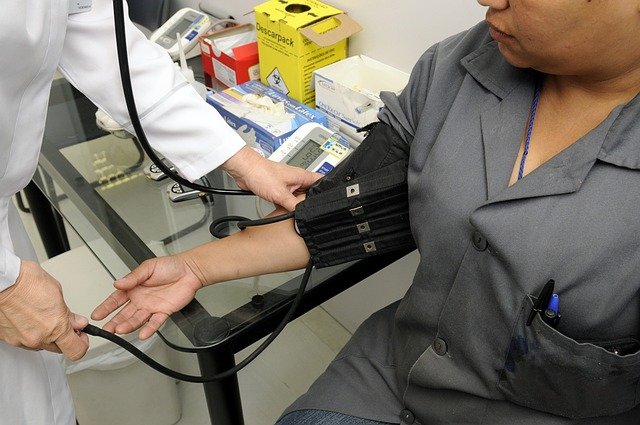New Options for Heart Failure Treatment
Heart failure management has advanced with modern treatment options including medications, lifestyle programs, and implantable devices. Cardiologists develop personalized care plans based on patient condition and response. Explore clinics offering expert heart failure care and ongoing support services.

What Are the Latest Medication Options for Heart Failure?
Current heart failure treatment strategies include several classes of medications that work together to improve heart function. ACE inhibitors and ARBs help relax blood vessels, while beta-blockers reduce the heart’s workload. Newer medications like SGLT2 inhibitors, originally developed for diabetes, have shown remarkable benefits in heart failure patients. Entresto, a combination medication, has become a cornerstone treatment for many patients with reduced ejection fraction.
How Do Device-Based Treatments Help Manage Heart Failure?
Advanced medical devices play a crucial role in modern heart disease care. Implantable cardioverter-defibrillators (ICDs) protect against dangerous heart rhythms, while cardiac resynchronization therapy (CRT) devices help coordinate heart contractions. Remote monitoring systems allow healthcare providers to track patients’ conditions in real-time, enabling early intervention when needed.
What Lifestyle Changes Support Heart Failure Management?
Successfully managing CHF requires significant lifestyle modifications. Key changes include:
-
Maintaining a low-sodium diet (usually under 2,000mg daily)
-
Regular physical activity as prescribed by healthcare providers
-
Daily weight monitoring to detect fluid retention
-
Limiting fluid intake according to medical guidance
-
Stress management and adequate rest
-
Avoiding alcohol and tobacco
How Do Specialized Clinics Support Heart Failure Patients?
Heart failure clinics provide comprehensive care through teams of specialists. These clinics offer:
-
Regular monitoring and medication adjustment
-
Patient education programs
-
Rehabilitation services
-
Nutritional counseling
-
Emotional support and counseling
-
Coordination with primary care providers
What Role Do Cardiologists Play in Ongoing Treatment?
Finding qualified cardiac care in your area is essential for managing heart failure. Cardiologists develop personalized treatment plans, monitor disease progression, and adjust medications as needed. They also coordinate with other healthcare providers, recommend appropriate tests and procedures, and help patients navigate treatment decisions.
What Treatment Costs Should Patients Consider?
Treatment costs vary significantly based on specific needs and insurance coverage:
| Treatment Type | Estimated Cost Range | Insurance Coverage |
|---|---|---|
| Monthly Medications | $50-$500 | Usually covered with copay |
| ICD Implementation | $30,000-$50,000 | Often 80-100% covered |
| Clinic Visits | $100-$300 per visit | Typically covered with copay |
| Remote Monitoring | $50-$200 monthly | Coverage varies |
Prices, rates, or cost estimates mentioned in this article are based on the latest available information but may change over time. Independent research is advised before making financial decisions.
Living with heart failure requires a comprehensive approach to treatment, combining various therapeutic options with lifestyle modifications. Success depends on working closely with healthcare providers, following prescribed treatments consistently, and staying informed about new treatment options as they become available.
This article is for informational purposes only and should not be considered medical advice. Please consult a qualified healthcare professional for personalized guidance and treatment.




